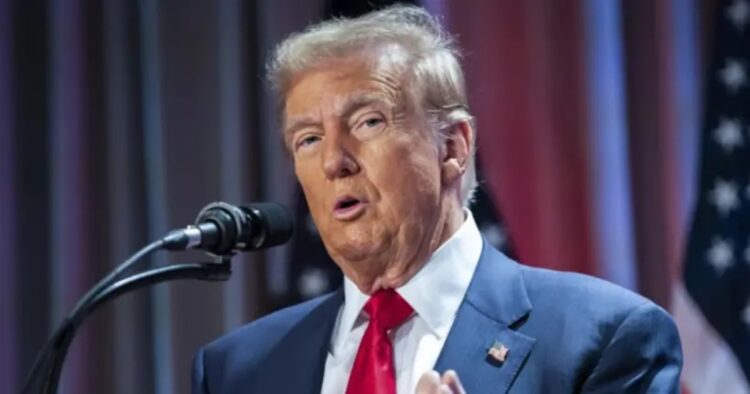US President-elect Donald Trump promised to eliminate birthright citizenship once he assumes office, aiming to complete his promise to restrict immigration and redefine American identity. In one of the previous interview, Trump criticised birthright citizenship as “ridiculous” and said, “We’re going to have to get it changed. We’ll maybe have to go back to the people. But we have to end it.
He further said, ‘However, efforts to abolish this policy, which has been protected by the US Constitution for over 150 years, might face significant legal challenges. The 14th Amendment guarantees birthright citizenship, saying “All persons born or naturalized in the United States, and subject to the jurisdiction thereof, are citizens of the United States and of the State wherein they reside.”
Any attempt to revoke this provision would face major legal obstacles due to its deep constitutional roots. The US adopted birthright citizenship to ensure that the descendants of enslaved people, who were brought forcibly to the country, could attain citizenship. This policy came as a response to the 1857 Dred Scott decision, in which the Supreme Court ruled that no descendant of enslaved people could be considered a US citizen.
The ruling was reversed by the 13th Amendment, which abolished slavery, and the 14th Amendment, which guarantees that anyone born in the US is a citizen and entitled to the protections of the Bill of Rights. Throughout his presidential campaign, Trump emphasized his desire to reduce immigration. He and his supporters argued that birthright citizenship encourages birth tourism, where pregnant women travel to the US to give birth, ensuring their child gains citizenship before returning to their home country.
Meanwhile, Eric Ruark, director of research for NumbersUSA, which also advocates for reducing immigration in the US as quoted said, “Simply crossing the border and having a child should not entitle anyone to citizenship.”

















Comments